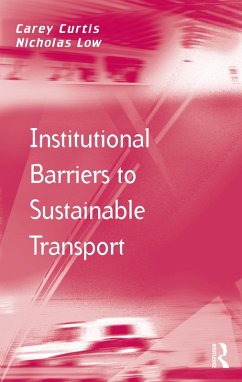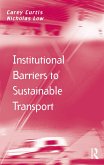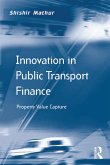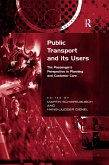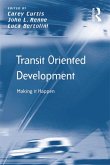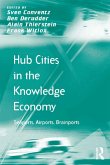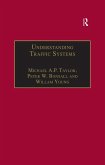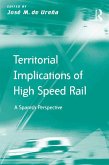Through an examination of transport planning in Australia, this book challenges conventional wisdom by showing, through original research, how 'car dependence' is as much an institutional as a technical phenomenon. The authors' case studies in three metropolitan cities show how transport policy has become institutionally fixated on a path dominated by private, road-based transport and how policy systems become encrusted around investment to accommodate private cars, erecting an impenetrable barrier against more sustainable mobility and accessibility solutions. The findings are applicable to most cities of the developed world, and to fields beyond transport planning.
Dieser Download kann aus rechtlichen Gründen nur mit Rechnungsadresse in A, B, BG, CY, CZ, D, DK, EW, E, FIN, F, GR, HR, H, IRL, I, LT, L, LR, M, NL, PL, P, R, S, SLO, SK ausgeliefert werden.

